Imagine a waste-free world where every product you buy is meant for reusing and recycling. In such a world, there would be no environmental concerns over your purchases since the products made under your favourite labels’ responsibility are accountable for through life cycle stage. This is the intended vision of PTCL. Extended Producer Responsibility (EPR) policy could possibly help the realization of such global dreams.
What exactly is Extended Producer Responsibility?
Ordinarily, products are made by producers and brands and are not concerned with whether they impact on their end-of-life sustainability or not. It is a policy option which requires producers to assume financial liability or take back their products from consumers after using them. In other words, manufacturers would have to watch out for the types of materials that they are using if at all they would wish these certain goods to easily facilitate recycling and remanufacturing. This makes products better for the society and the economy as well as fosters innovation.
Can It Help Tackle Climate Change?
It is clear that human behavior causes climate change as the newly released report of the Intergovernmental Panel on Climate Change (IPCC) indicates and this means firms must attain carbon neutrality within 30 years. With each passing day, climate change becomes more apparent across different regions hence there is need for immediate actions otherwise things might get out of hand soon enough unless we intervene now before they escalate further.

Climate variability, coupled with increasing frequency and severity of extreme weather events, such as hurricanes, floods, droughts in some regions on earth have aggravated problems associated with environmental degradation In their effort to avoid responsibility for pollution producers deny themselves important opportunities for material savings and reduced.
How Do We Take Responsibility?
At PTCL, responsibility is indeed embraced by us to care for our old jeans by making sure that they are recycled in the right way. We use a circular design strategy which involves such things us using production methods that recycle water, avoid toxic substances, and use renewable energy sources.

Our commitment goes the extra mile. We work with suppliers who are in support of our core values such that every stage of the production process will be in line with our aim of sustainable development. When you choose PTCL, you are backing a trademark that focuses on less waste production practices and less adverse environmental effects. People let us make good changes and advocate for the future of fashion that is environmentally conscious.
The Fashion Industry Still Has a Long Way to Go
We hope inspiring other brands to also be responsible for their products and waste by demonstrating that our circular business model works. Nevertheless, the way ahead is still far for the fashion industry. We reached out to some of the most popular denim brands as a way to establish how other brands are dealing with this issue and inquired whether they would receive their old jeans back.
An indefinite undertaking toward an ecological outcome necessitates shared striving combined with assuming responsibility. Although there is some headway, more must be done by most of those involved in order for these measures to be totally effective.






Comments (0)
There are no comments for this article. Be the first one to leave a message!